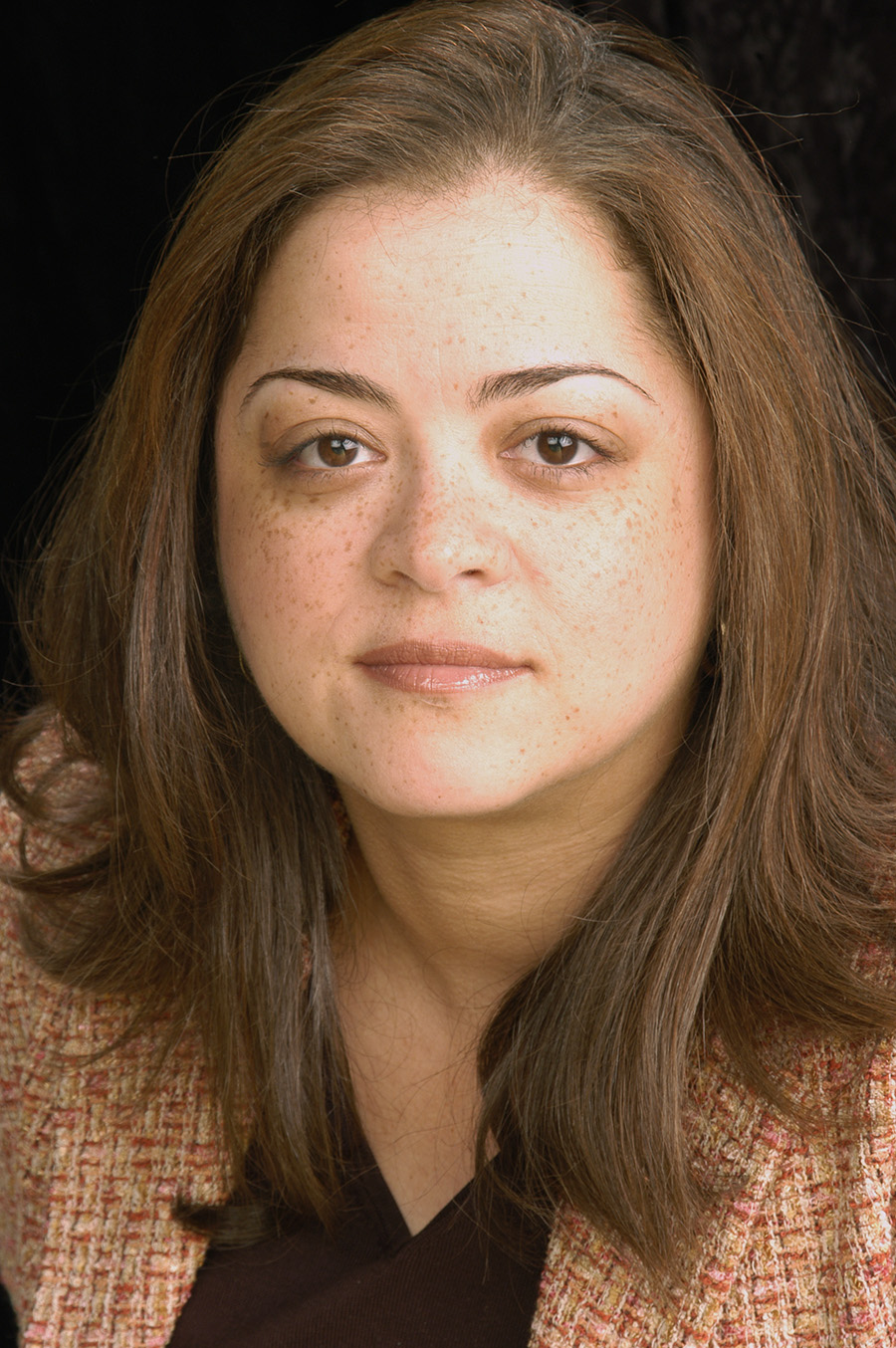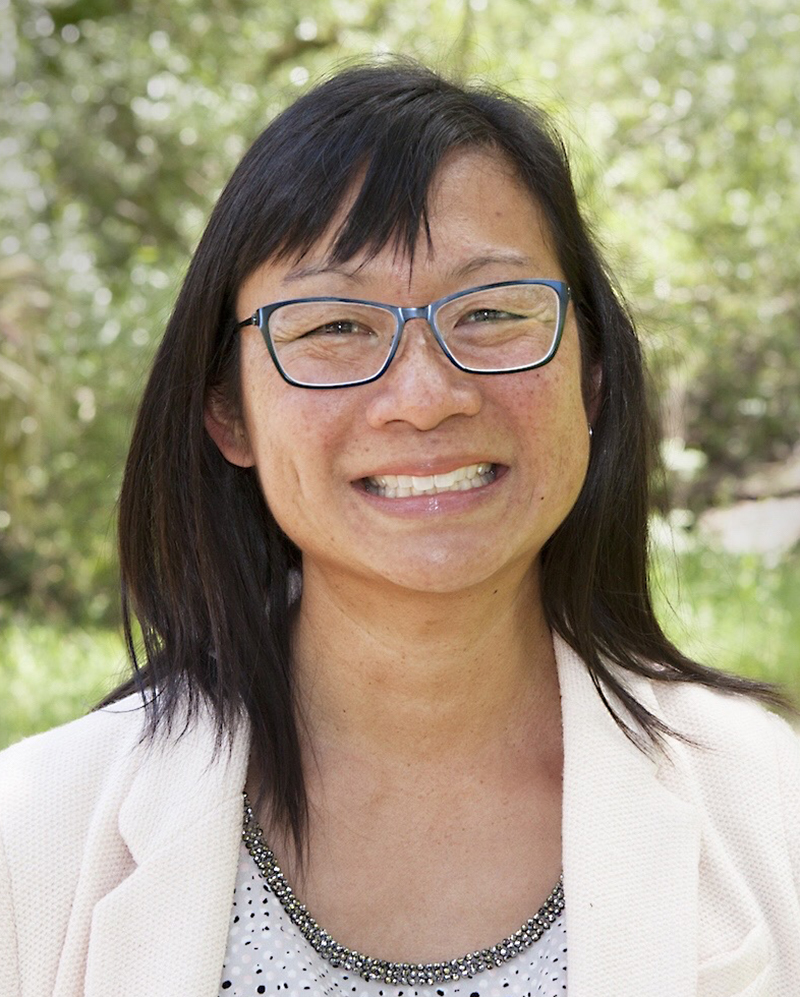Session 5 of the 2020 Webinar Series.
For weeks or months now, depending on the kind of community you live in, we have been living a different kind of collective reality, one that is adapting to deep social, emotional, cultural, physical, and economic impacts of social (read: physical) distancing. While we still do not know the full scale of impact the coronavirus pandemic will have upon our communities, our grantees, our artists and educators, we do know that the arts ecosystem as a whole will need to come together to reimagine a different kind of future.
We have seen immense energy from funders around flexibility and trust. Funders have been acting fast with limited to no requirements for applications, repurposing current grant program awards in favor of GOS, increasing payouts above the 5% minimum, and centering experiences of their grantees. These elements of rapid response can inform structural changes for how we can operate in the future, if we are committed to long-term change. We will hear from funders and PSO leaders who are calling for and working toward a more liberated future of grantmaking. Together, we will explore what is necessary to re-imagine systems, power, and practice in response to this pandemic and the ongoing crisis of racial inequality.
Join us for this special 90-minute webinar where we address the following questions:
- How are funders working together to re-create new systems of power and practice?
- How can we change our relationship with recovery to ensure we do not a return to the inequitable and unprepared system with huge gaps in power?
- What is the long-term strategy for equity-centered resiliency in the arts?
Please review the following resources prior to the webinar:
This webinar will be livestreamed on the GIA website. For participants who are deaf, hard of hearing, or requesting accommodation, live captioning and ASL interpretation will be available via the livestream.

Randy Engstrom is the director of the Office of Arts & Culture for the City of Seattle. Previously, Engstrom owned and operated Reflex Strategies, a cultural and community-based consulting business. He served as chair of the Seattle Arts Commission in 2011 after serving two years as vice-chair and was chair of the Facilities and Economic Development Committee from 2006 to 2010. He has served as the founding director of the Youngstown Cultural Arts Center, a multimedia/multidisciplinary community space that offers youth and community members access to arts, technology, and cultural resources. Prior to Youngstown, Engstrom spent three years as the founding CEO of Static Factory Media, an artist development organization that owned and operated a record label, bar/performance venue, graphic design house, recording studio, and web development business. In 2009 Engstrom received the Emerging Leader Award from Americans for the Arts and was one of Puget Sound Business Journal’s 40 Under 40. He is a graduate of the Evergreen State College in Olympia, and he received his executive master in Public Administration at the University of Washington’s Evans School of Public Affairs.

Sharnita C. Johnson directs The Geraldine R. Dodge Foundation’s arts grants, which foster a diverse and vibrant arts ecosystem, create broad-based public support of the arts, and support communities engaged in creative placemaking in New Jersey. Prior to joining Dodge, Johnson managed a $25 million grantmaking portfolio in education, health, and family economic security at the W. K. Kellogg Foundation in Michigan. Her arts career began in development at the Charles H. Wright Museum of African American History and the historic Music Hall Center for the Performing Arts in Detroit. Johnson later joined the Michigan Council for Arts and Cultural Affairs, then co-founding the Council of Michigan Foundations Arts Affinity Group, which led to implementing the Cultural Data Project (DataArts) and later establishing Detroit's first community public art program. Johnson holds a master of Public Administration from the University of Michigan-Dearborn and a bachelor of arts from Marygrove College in Detroit.

As the Executive Director for Justice Funders, Dana Kawaoka-Chen partners and guides philanthropy in reimagining practices that advance a thriving and just world. She is a co-author of “The Choir Book: A Framework for Social Justice Philanthropy,” and frequently serves as a trainer and facilitator for values-aligned practice in philanthropy. Her leadership has been recognized by her peers – in 2014, she was awarded a Distinguished Alumni Award by Oakes College of the University of California at Santa Cruz, and in 2015, Asian Americans/Pacific Islanders in Philanthropy recognized Kawaoka-Chen as one of twenty-five national “Leaders in Action.” She has previously served in executive functions for two other non-profit organizations. She has a master of science degree in Organization Development from the University of San Francisco, bachelor of arts degrees in American Studies and Visual Art from the University of California at Santa Cruz, and Non-Profit Management Certification from San Jose State University. Kawaoka-Chen attempts to practice patience every day as a parent of two very opinionated kids and a stubborn dog. She occasionally finds time for her yoga practice and has been known to be rendered speechless by good chocolate. Born and raised in the Bay Area, Kawaoka-Chen currently lives in San Jose with her family.
Justin Laing applies critical race and critical pedagogy to create project-based learning experiences in partnership with staff and participants in order to create deeper reforms of white supremacist systems. The work is intended to expand Hillombo LLC’s critical analysis and shift power to Black, Brown, and racially critical White people in order to bring about more equitable outcomes. Before starting Hillombo in 2017, Laing worked as a senior program officer of Arts & Culture at The Heinz Endowments for more than a decade and led the Transformative Arts Process, a participatory grantmaking program. He came to philanthropy having worked for ten years as the assistant director of Nego Gato, Inc, an Afro Brazilian Music, Dance, and Martial Arts company. Laing has a BA in Black Studies from the University of Pittsburgh, a Masters in Public Management from Carnegie Mellon University and is the son of Susan and Clarence Laing and the father of Kufere, Etana, and Adeyemi Laing.




